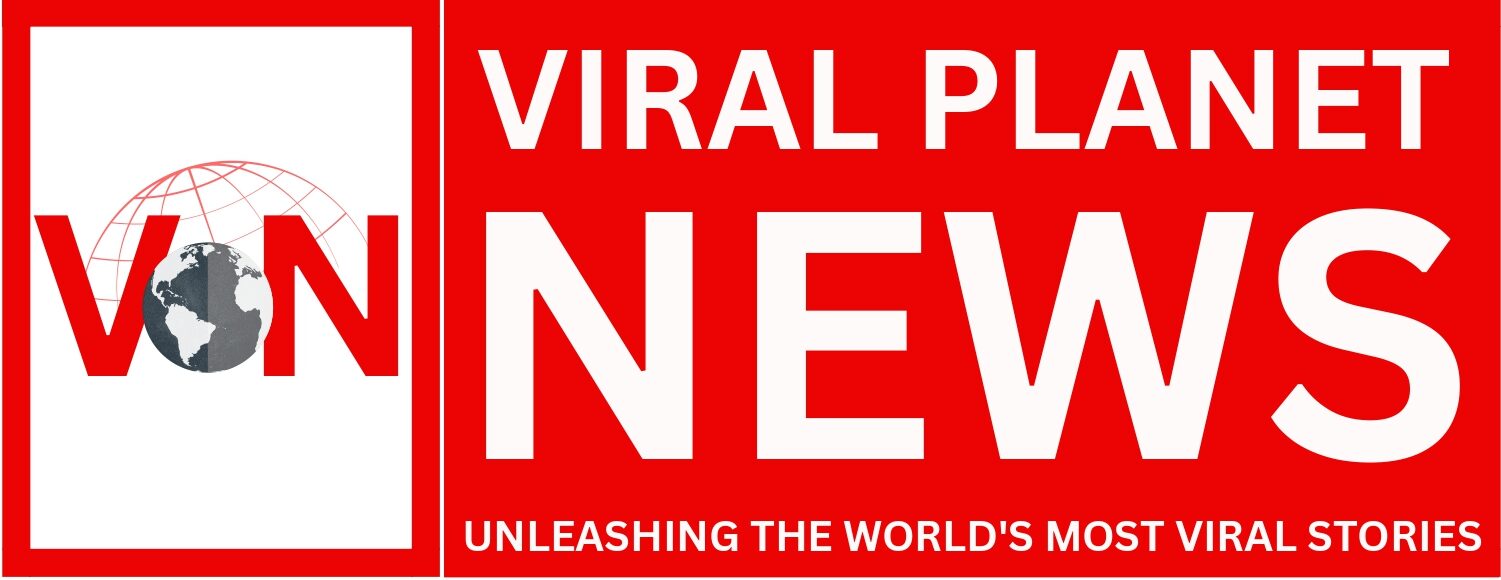By – Shubhendra Singh Rajawat
As Maharashtra prepares for its upcoming assembly elections, political tensions within the Maha Vikas Aghadi (MVA) alliance have reached a boiling point. The coalition, comprised of Uddhav Thackeray’s Shiv Sena, Sharad Pawar’s Nationalist Congress Party (NCP), and the Congress, is currently embroiled in disputes over seat-sharing arrangements, leading to public accusations and internal discord.
Raut Claims Seat Sharing Talks Completed
Sanjay Raut, a prominent leader of the Thackeray-led Shiv Sena, recently announced that negotiations regarding seat sharing with the NCP have concluded. This declaration appears to exacerbate existing tensions, particularly with the Congress party, which is crucial to the alliance. Raut’s remarks reflect a growing impatience, as he criticized Congress leaders for their indecisiveness and lack of timely responses during the negotiations.
Raut emphasized the importance of regional parties in the current political landscape, citing that Narendra Modi’s rise to the prime ministership was facilitated by alliances with regional entities like the Telugu Desam Party and Janata Dal United. He expressed confidence that the Shiv Sena (UBT) and NCP can resolve their differences, asserting that discussions between Uddhav Thackeray and Sharad Pawar are ongoing, with both leaders personally involved.
Congress Reacts
In response to Raut’s statements, Maharashtra Congress president Nana Patole highlighted the leadership structure within the alliance, asserting that Raut’s allegiance lies with Thackeray while the Congress leadership is embodied by figures such as Mallikarjun Kharge and Rahul Gandhi. Patole underscored that the seat-sharing committee operates under directives from these leaders, indicating that decisions are collective and not solely within the purview of any single party.
Patole’s comments suggest a degree of frustration within the Congress, as he implied that Raut’s assertions might not accurately represent the broader coalition dynamics. He stated, “If Sanjay Raut is controlling Uddhav ji, then it is his issue,” emphasizing the need for transparency and coordination among the alliance partners.
The Political Landscape
The backdrop to this dispute is the competitive environment of the Maharashtra assembly elections, where the National Democratic Alliance (NDA)—comprising the Bharatiya Janata Party (BJP), Eknath Shinde’s faction of Shiv Sena, and Ajit Pawar’s NCP—stands poised to challenge the MVA. The divide between the coalition parties has raised concerns about their ability to present a united front against the NDA, potentially jeopardizing their electoral prospects.
Uddhav Thackeray has cautioned that prolonged negotiations and bargaining could jeopardize the coalition, warning that reaching an impasse could have dire consequences for all parties involved. His plea underscores the urgency for cohesive action as election day approaches.
Conclusion
As the deadline for finalizing seat allocations looms, the Maha Vikas Aghadi coalition faces significant internal challenges. The contrasting approaches of its leaders—Raut’s assertive declarations versus Patole’s emphasis on collective leadership—highlight the complexities of alliance politics in Maharashtra. With the elections on the horizon, the ability of these parties to reconcile their differences will be critical in determining their success in the face of a formidable opposition.

